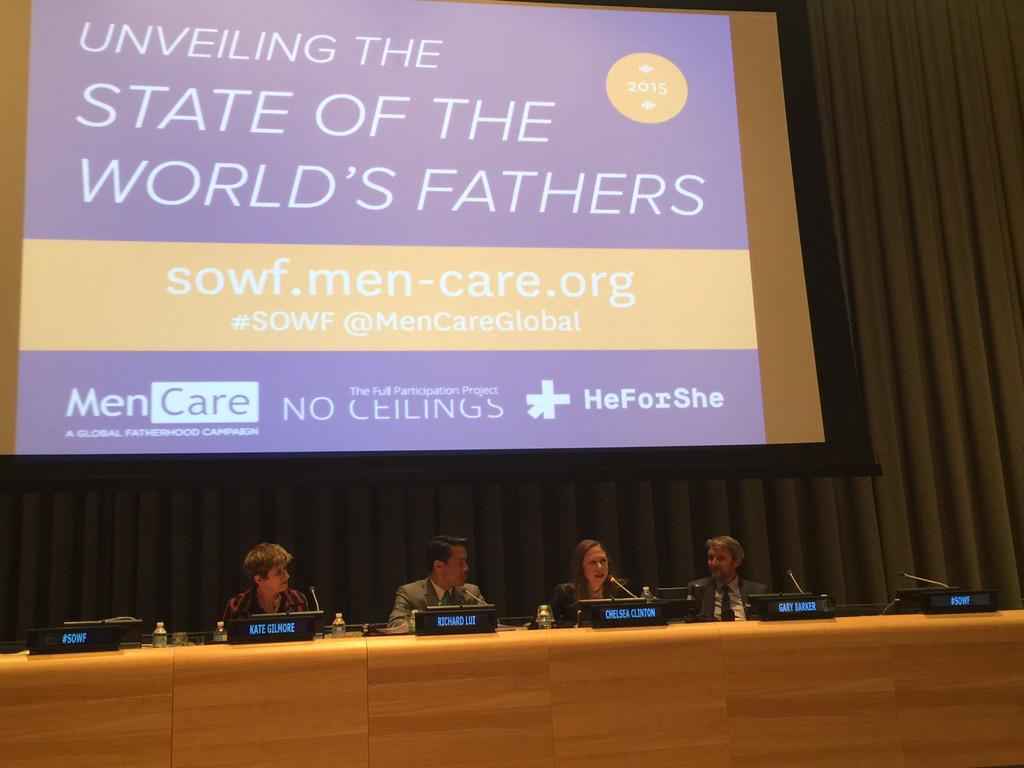The
first-ever State of the World’s Fathers (SOWF) report has been presented
today at the European Parliament under the framework of the global MenCare fatherhood
campaign at a roundtable discussion organised by the S&D Group and Make
Mothers Matter. This report is a landmark analysis of fatherhood that draws
evidence from hundreds of studies covering all countries in the world with
available data.
The SOWF report is
intended to provide a periodic, data-driven snapshot of the state of men’s
contributions to parenting and care giving globally by addressing four issues
related to fatherhood: unpaid care work in the home; maternal, newborn, and
child health and sexual and reproductive health and rights; men’s care giving
and violence against children and women; and child development.






